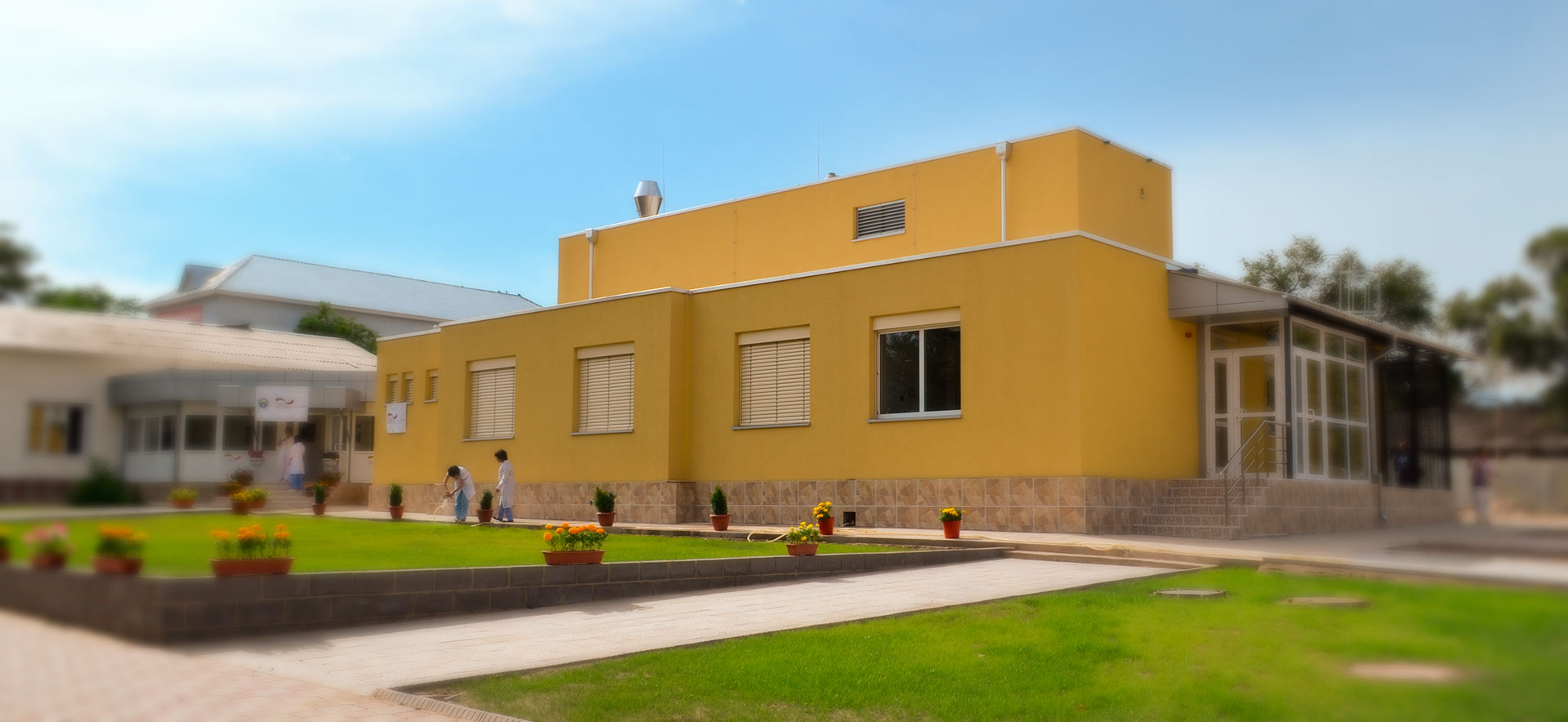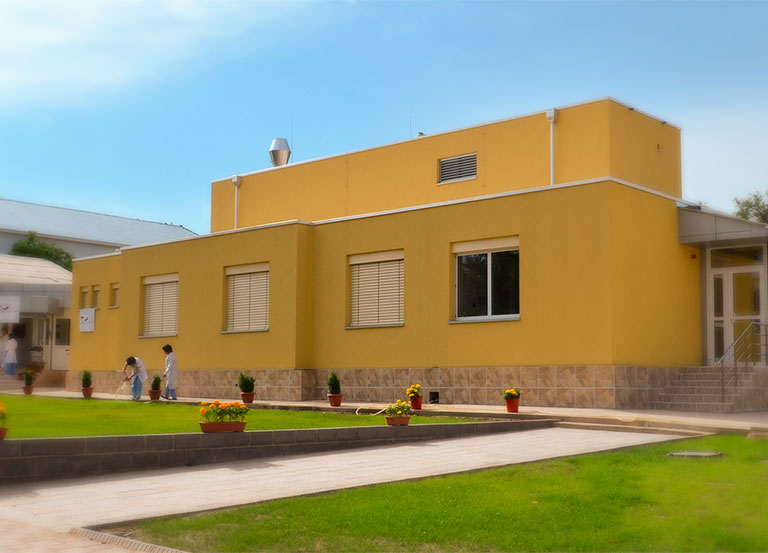Are you involved in diagnosing and improving the state of health of a population? As a public body in charge of health, a development agency or a NGO, you surely recognise that setting up and reinforcing efficient health systems is both a priority and a challenge. Countries and communities are in urgent need of:
Sufficient and well-allocated financial resources
Skilled health workers
Capable institutions and community-based organisations with professional management
Efficient health information systems
Comprehensive and fair programmes with improved transparency and accountability
A well-organised and sustainable health infrastructure
We accompany health officials at international, national and community levels in implementing vital health care programmes in developing and transition countries. We have extensive experience in improving health services in Africa, in particular in French-speaking countries, but also valuable references in Asia, Latin America and Eastern Europe.
Our permanent team is made up of doctors, pharmacists, health economists, planners, administrators, engineers and other specialists who work hand in hand with over 1200 high-level international and local consultants to manage and carry out health projects.
We maintain a strong network of partners, in particular in Southern countries, made up of individual consultants, consulting firms and health institutions.
Some of our most recent projects focus on Human Resources development in the health sector. For example, in the Congo Republic, we are helping the Administration and Resource Directorate of the Ministry of Health to improve professional training for paramedical personnel such as registered general nurses, midwives and laboratory technicians. With our partners, we’ve created a team of long-term and short-term consultants; we provide backstopping services to the team; administer the project and participate in the development of professional training.
Another area in which we’ve developed a positive international reputation concerns improved access to quality drugs. In Togo, we are building capacity within the health sector in order to improve the population’s access to essential drugs throughout the country.
Who are we?
Public health services are delivered to our clients through our partner company:
GITEC
is a BIHSE company based in Germany, founded in 1977, comprising an independent and multidisciplinary team of international consultants committed to developing and managing health facilities. GITEC offers its expertise in improving the effectiveness of health service delivery by ensuring well chosen, well organized and well implemented health services, which put people at the centre. You can read more about GITEC's activities in the field of health here.

